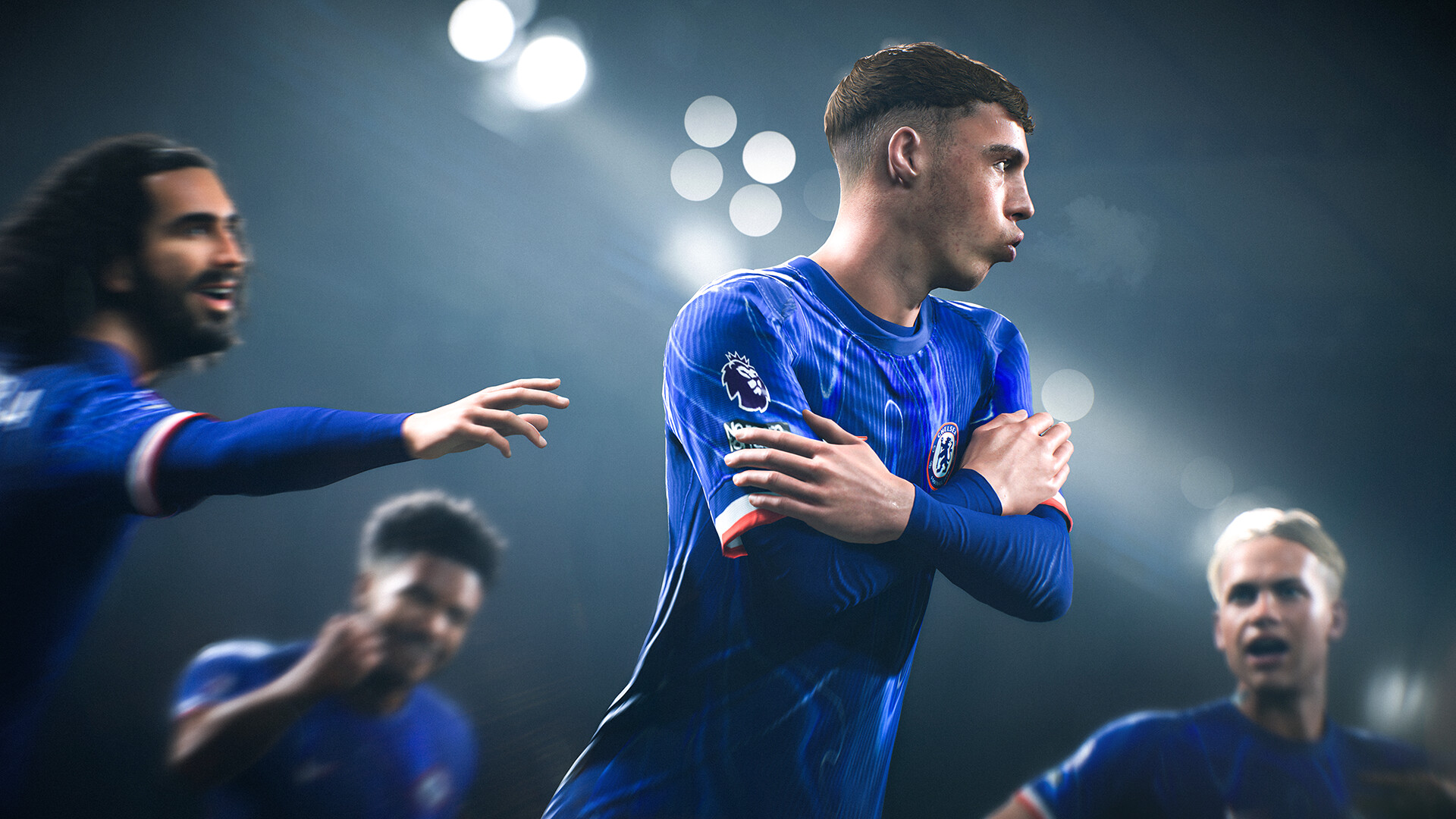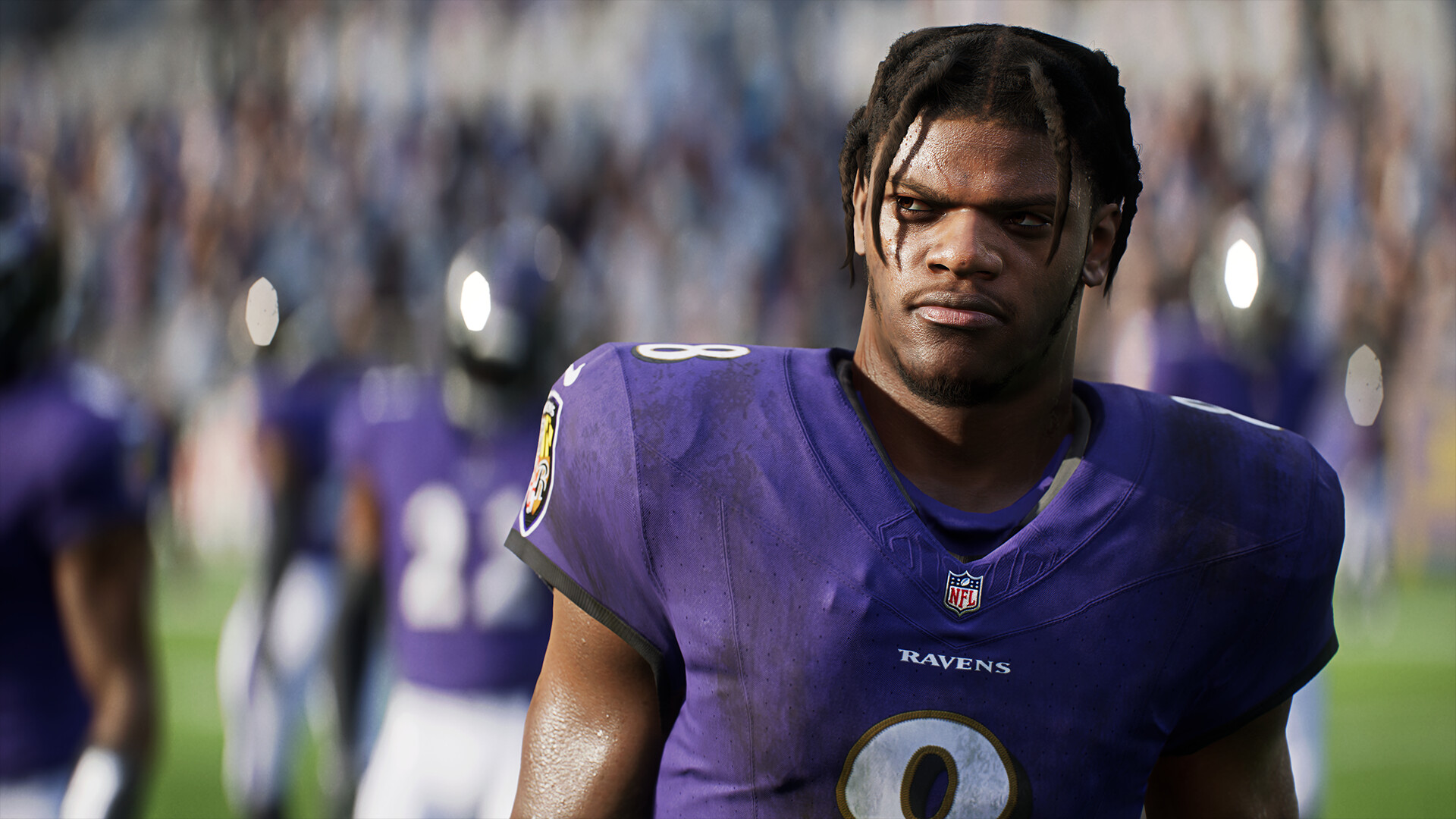Iconic Sports Video Games (All Time)
The people, the spaces, the pauses between the matches, everything plays in a loop. Games go beyond pixels and controllers. Every game serves as a backdrop for rivalry, friendship, and heartbreak. The games that define the genre are not simply the result of design or marketing. They are curated pieces of memory, witnessing moments that feel both ungraspable and permanent.
The Unsung Stories Behind Sports Games
There are many successes surrounding sports games, including technological advancements and artistic accomplishments, as well as entertainment that has lit up our evenings. But there is usually something more behind all of them. Take “FIFA” for example. Sure, better graphics and licensing deals help, but it also showcases how disconnected global football has become, with iconic players and clubs reduced to mere numbers and rated as products. The awe of seeing authentic kits and real names was countered by unease, as it begged the question of whether it was the sport or a mere imitation of its commercial facade.

The realizations hit me the strongest when I solo-queued. Friends would get up, the buzzing of multiplayer would die down, and I would find myself staring at digital grass, controller in hand. If you buy cheap PS4 games, you probably went through the same feelings with your friends when considering sports games. The juxtaposition of the screen and my surroundings was disconcerting. The rest of the world was still, but the screen was bursting with activity. In those moments, clarity came. I was not chasing a win, but rather the chase itself—the illusion of presence somewhere else.
The Impact of These Games
All ten games are significant, not because they were simply 'good', but because they brought about a change. Pong demonstrated that competition could be garnered through pixels. Tecmo Bowl illustrated that athletes could be iconic digitally. NBA Jam showed us that sometimes exaggeration can be more accurate than reality. FIFA International Soccer provided a platform for a global field. Tony Hawk's Pro Skater demonstrated youthful defiance. Madden NFL 2004 expanded the capabilities of what could be simulated in sports games. Wii Sports dismantled digital gatekeeping. Pro Evolution Soccer 6 refined the purity of play. NBA 2K11 replayed history and preserved memories. Rocket League reminds us that sometimes sport can be articulated as a feeling of play rather than realism.

Being the first or most popular does not single-handedly define an icon. They tell a story of a mark that is not easily erased; a realization for gamers that a change has been made. These games shaped an understanding of sports through a screen, but are still remarkably enduring because they were more than just games.
The Personal Impact of Sports Video Games
For me, these games are an essential part of life itself. An NBA Jam arcade cabinet isn't merely a cabinet; it is the sound of coins clanking in a pocket and the scent of popcorn. FIFA is not only digital soccer; it is the joy of friends squished in a small room and the exaggerated way victory is celebrated. Tony Hawk's Pro Skater is not merely about skateboarding tricks; it is the aspiration of independence that I never really got a chance to live beyond in the pixelated world.

Even remembering a loss looks a little different when thinking back to feeling the weight of these games. I welcomed the new Tony Hawk's Pro Skater 3+4 as a continuation of this tradition. I remember playing Pro Evolution Soccer with a friend who later moved away. The last match we shared felt disorganized because we both knew it was the last. We both chuckled later, but the quiet that followed the console powering down spoke far more than the match itself. Sports games, similar to the sports they simulate, often serve as time stamps. We recall the exact moments, the feelings, and the people we were with every time a digital whistle is blown.
The Sound After The Whistle
The most striking aspect is not the sound of play, but the silence after. The screen fades, the console shuts off, and Just Like That, the stadium is gone. The cheers of the audience disappear, and only the silence of the room remains. The silence has always been uncomfortable. It shows me that what I longed for, in this example, religion, competition, or community, has always been out of reach.
Religion speaks of practice, of ritual, of repeating a mantra to create an understanding. There were moments in playing that felt like this. A game of FIFA or Madden could serve as a prayer, one that is replayed and replayed in search of some higher meaning, available beyond the rhythm of the game. However, the higher meaning seldom stayed. Now we speak about EA Sports FC 25 instead of FIFA, but the concept remains the same. The moment the screen darkened, that feeling vanished; what was left instead was an unnamed emptiness.
Virtual Heritage and Collective Memory
These games helped shape broad public memory. Wii Sports was not only a game. It was a cultural phenomenon. It was a moment in time where grandparents and grandkids could come together. That piece of memory has been shared widely; therefore, it was one of the most played games of all time.

NBA 2K11 introduced the Jordan Challenge mode, offering something similar for basketball fans. For fans of the sport, the game provided a way to relive moments that were once locked away on faded VHS tapes. Now, NBA 2K25 seems almost unbelievable – we've gone a long way since the beginning. It offered a way to preserve and reimagine history, enabling the players to step into the myths and moments that molded their understanding of the sport.
Then we have Rocket League. It was absurd on the surface, but now capable of creating some of the most intense competitive moments in modern gaming. The game is successful because it strips sport to its core: motion, timing, teamwork, and the sudden joy that comes with scoring a goal.
The Thread of Disillusionment
Disillusionment is the thread running through these games, and for the most part, they have certainly piqued my interest. For me, they delivered a sense of belonging, and most of the time, it carried with it the feeling of solitude. They promised me authenticity, but a valued sport was reduced to licensed numbers. They provided a sense to strive, only to have its meaning vanish as the glow of the screen faded.
Looking back at the past gives me a mix of triumph and resignation. While I appreciate the memories they created, I also recognize the hollowness that they sometimes exposed. That's what I believe makes them iconic, not only the successes, but rather the way they expose how vulnerable we are, how we all yearn for bonds, for memories, for something unchanging in a world where everything fades away.